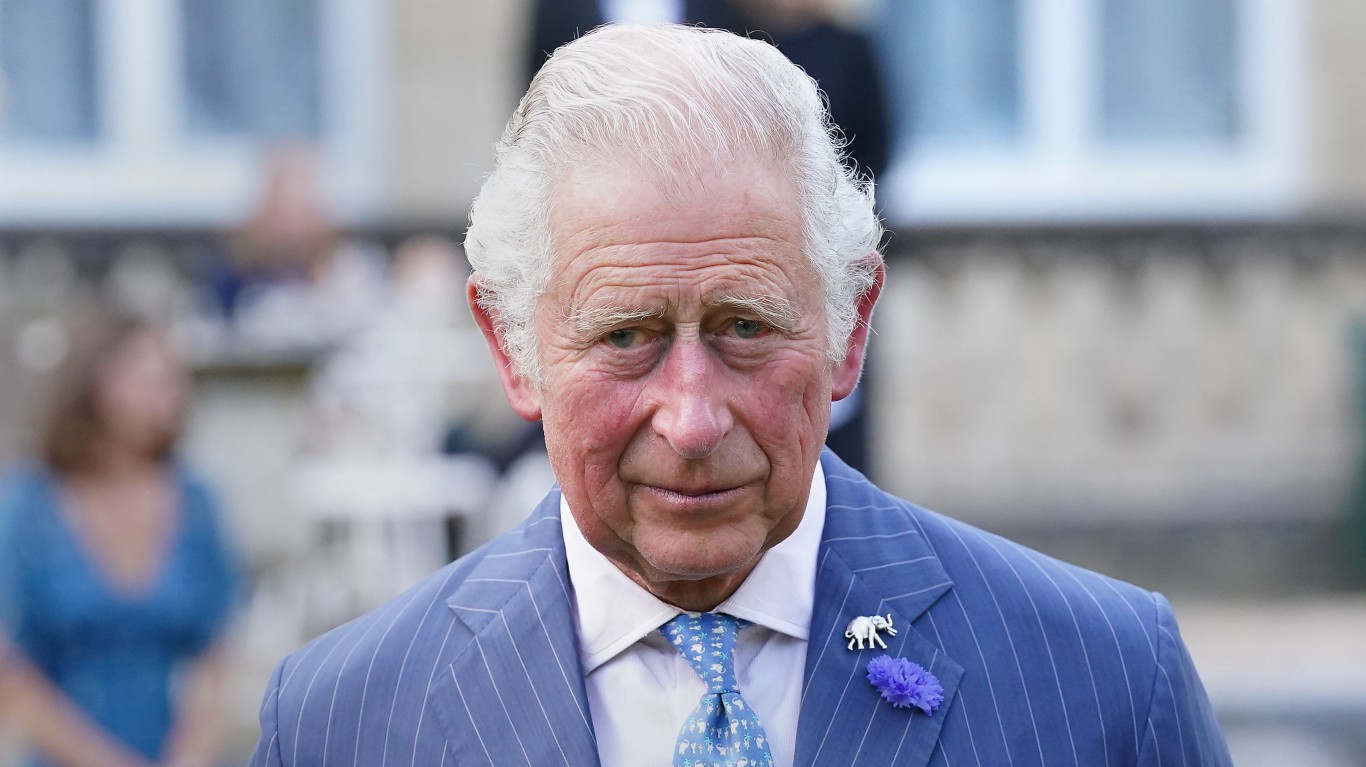
In 2016, 17 states and the District of Columbia raised state-mandated minimum wages. In those states, total wage growth for workers in the 10th (lowest) percentile of the population rose by 5.2%. In states where the minimum wage was unchanged, wages rose by 2.5%. The data were reported Wednesday by the Economic Policy Institute (EPI), an independent, nonprofit think tank.
That’s hardly a surprise. Wages have been growing slowly since the end of the Great Recession because employers did not have to pay a lot to find and keep the workers they needed. The Federal Reserve’s low-interest-rate policy also weighed on wages by keeping inflation well below the bank’s target of 2% for years.
To make up for the slow growth in wages, bigger boosts were needed, and those have been provided by states that have raised minimum wages.
In another report published earlier this month, the EPI noted that “slow wage growth is a key sign of how far the U.S. economy remains from a full recovery.” According to EPI, the actual year-over-year nominal wage growth for private employees has averaged 2.8%, compared with a target of 3.5% to 4.00%. Raising federal lending rates, as the Federal Reserve is expected to do Wednesday, adds further weight to a recovery in wages:
Despite the incomplete nature of the recovery, influential voices are already calling for the Federal Reserve to guard against inflation by raising interest rates to slow the economy. The stakes in this debate are high. Macroeconomic policy (including monetary policy) that prioritized very low rates of inflation over low rates of unemployment is a key reason why real wages have stagnated for the vast majority of American workers in recent decades (as we have shown through our Raising America’s Pay initiative). Widespread wage growth will not occur over the coming years if the Federal Reserve prematurely slows the recovery in the name of fighting prospective inflation.
One argument against raising the minimum wage is that job growth will slow or that businesses that employ low-wage workers will suffer. In testimony before the U.S. House Committee on Education and the Workforce Member Forum, EPI’s David Cooper said:
Whenever increasing the minimum wage is discussed, there is always concern that doing so might hurt job growth or imperil businesses that employ low-wage workers. In the 22 times the federal minimum wage has been raised, and the over 300 times that states or localities have raised their minimum wages just since the 1980, these concerns have never materialized. The effect of increasing the minimum wage on employment is probably the most studied topic in labor economics, and the consensus of the literature is that moderate increases in the minimum wage have little to no effect on employment.
Take This Retirement Quiz To Get Matched With An Advisor Now (Sponsored)
Are you ready for retirement? Planning for retirement can be overwhelming, that’s why it could be a good idea to speak to a fiduciary financial advisor about your goals today.
Start by taking this retirement quiz right here from SmartAsset that will match you with up to 3 financial advisors that serve your area and beyond in 5 minutes. Smart Asset is now matching over 50,000 people a month.
Click here now to get started.
Thank you for reading! Have some feedback for us?
Contact the 24/7 Wall St. editorial team.



